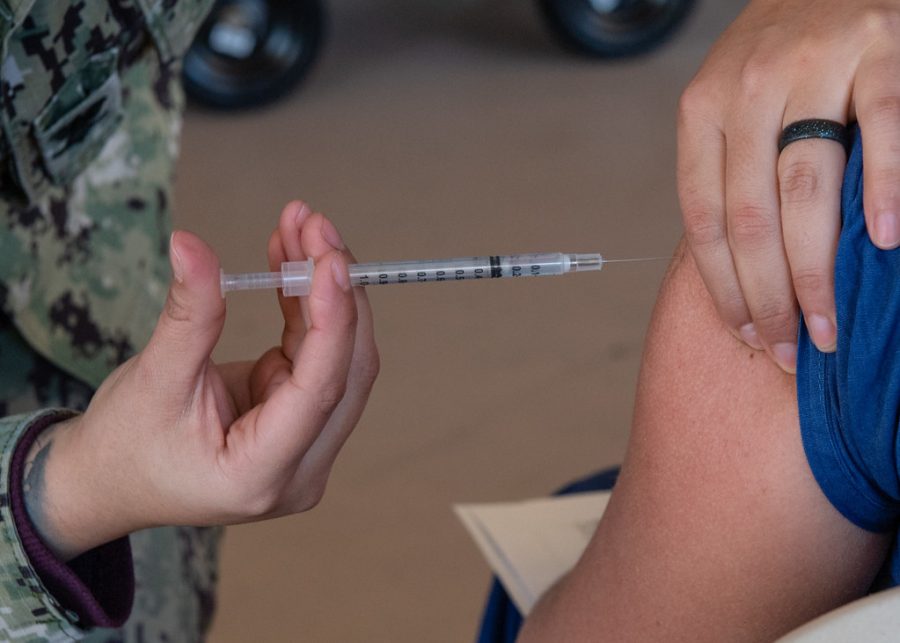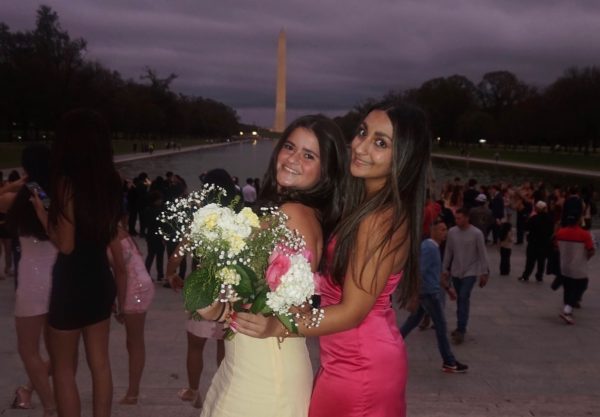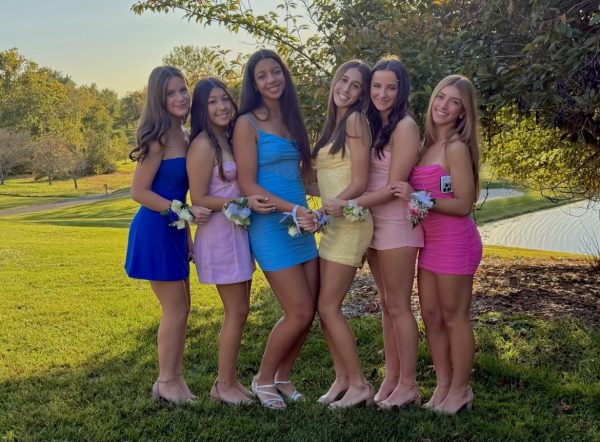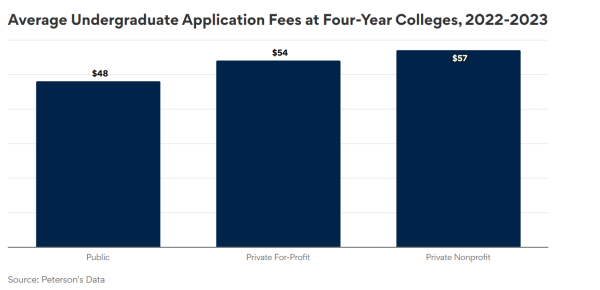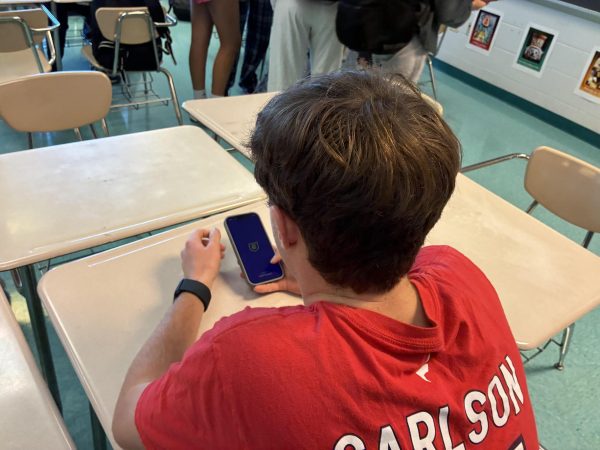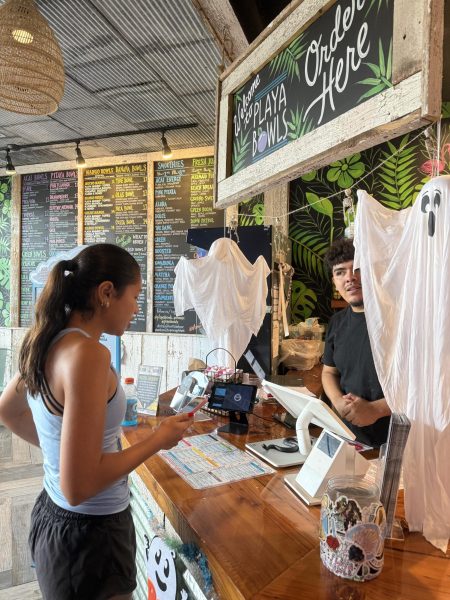FDA lowers age limit for Pfizer vaccine, students quickly make appointments
Photo by Navy Medicine used with permission from Google Commons
A patient receives a dose of the Pfizer vaccine at a Navy medical center Dec. 15, 2020.
The FDA first approved the Pfizer-BioNTech COVID-19 vaccine for emergency use on Dec. 11, 2020, to fight the spread of the disease. Just under five months later, the Pfizer vaccine has now been approved for use in children 12 – 15 years of age, lowering the previous limit of 16 years of age. As the rate of partially and fully vaccinated Montgomery County residents rises, mask mandates are lifted and occupancy restrictions are eased, it seems the era of COVID-19 may be quickly coming to an end.
As soon as the age limit of the vaccine was lowered to include teens 16 years and older, students quickly sought out and scheduled appointments to get vaccinated. Fully vaccinated with the Pfizer vaccine, junior Amber Sadiq got her shot to keep her family at home safe. “Personally, I got vaccinated because my dad has underlying conditions so we’ve been very worried since March 2020 that we were going to get COVID-19 and give it to him. I mean it’s great that I now have extra protection, but I mainly did it for him,” Sadiq said.
Although the current vaccines approved for use have not technically been approved by the FDA, there is still hope that they will help bring an end to the era of COVID-19, especially given their current efficacy rates. “I just really do not want to get sick. I haven’t gotten COVID-19 yet and it seemed like a no-brainer considering how effective the vaccines are,” senior Ellie Esterowitz, who is fully vaccinated with the Pfizer vaccine, said.
When the age limit was again lowered to teens 12 and older, younger students also took advantage of the chance to get their shots. “I decided to get the vaccine because I wanted to keep myself, my family, and the people around me safe. Plus it was scientifically-backed so when it became available to my age group, I immediately made an appointment,” sophomore Rhea Chelar said.
Worldwide, those who get vaccinated have had varying reactions and experiences afterward. “When I did get vaccinated, the first dose didn’t give me many side effects but the second dose was brutal. I couldn’t walk for a day because I had such a bad headache and moving even the slightest bit just made it worse. I also had a really bad fever and couldn’t really sleep the night immediately following the second dose,” Sadiq said.
This experience of being fairly asymptomatic after the first dose seems to be common. Chelar, who is partially vaccinated with the Pfizer vaccine as of now, experienced only mild soreness. “I was a little tired in the morning because I couldn’t sleep on the arm I usually slept on but overall no major symptoms. Just make sure to keep movement in your arm to make it less sore,” Chelar said.
As vaccination rates rise throughout the country, students are becoming more hopeful for the future. Sadiq is now less worried about catching COVID-19 and is ready to get back to normal. Chelar recommends others get their vaccinations so everyone can enjoy activities the virus has barred them from doing. “I would DEFINITELY recommend others get vaccinated. It’s the best way to overcome the pandemic and start doing the normal things we used to do before the pandemic like see people safely and give hugs,” Chelar said.
Although, the recent CDC announcement that fully vaccinated people no longer need to wear masks in public spaces they are not legally required to is a return to normalcy students are hesitant about. “I mean I’m totally fine not wearing masks around fully vaccinated people like my friends and family, but I really don’t trust random strangers to be honest about it, so moving forward I will probably still wear a mask in stores,” Esterowitz said.
Your donation will support the student journalists of Thomas S. Wootton High School. Your contribution will allow us to purchase equipment and cover our annual website hosting costs.
Nico DePalma is a 2022 graduate.


